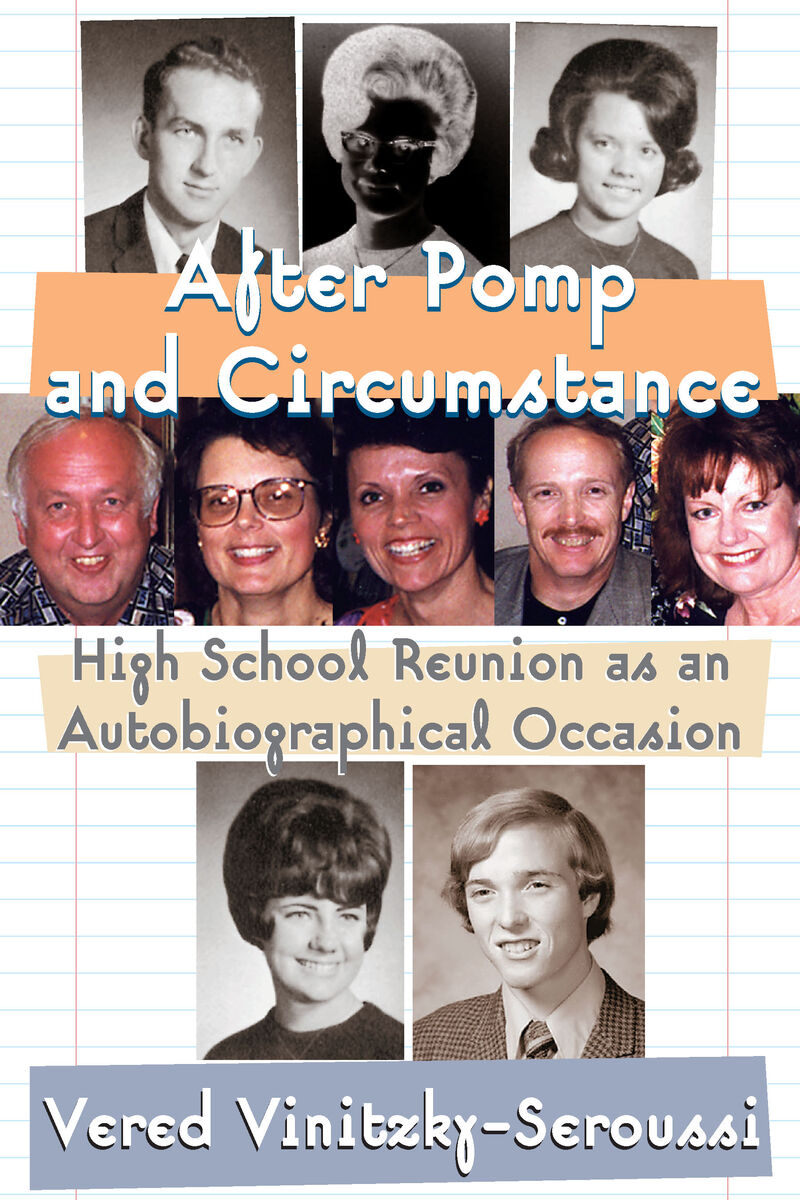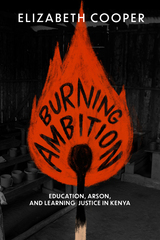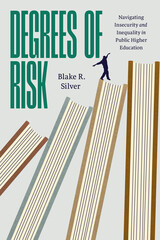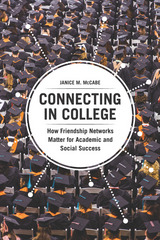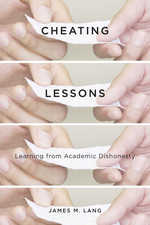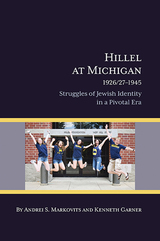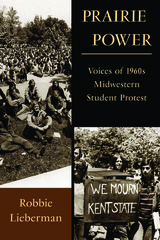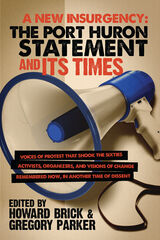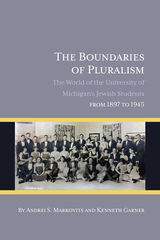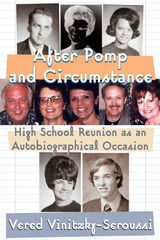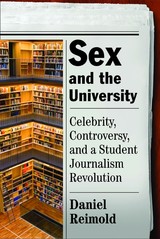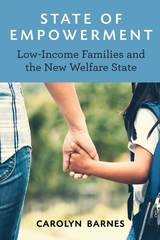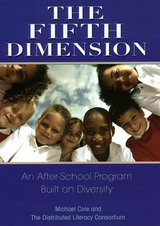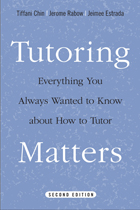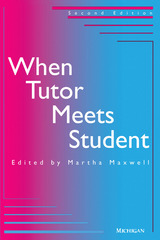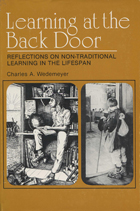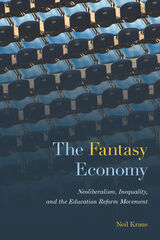After Pomp and Circumstance: High School Reunion as an Autobiographical Occasion
University of Chicago Press, 1998
Cloth: 978-0-226-85668-1 | Paper: 978-0-226-85669-8
Library of Congress Classification LB3618.V56 1998
Dewey Decimal Classification 371.8
Cloth: 978-0-226-85668-1 | Paper: 978-0-226-85669-8
Library of Congress Classification LB3618.V56 1998
Dewey Decimal Classification 371.8
ABOUT THIS BOOK | TOC | REQUEST ACCESSIBLE FILE
ABOUT THIS BOOK
Menacing, nerve-racking, uncomfortably intrusive, the high school reunion has become a dreaded encounter with past and present for many Americans. It is a moment of both heightened self-awareness and public presentation, insisting that we account for ourselves, not merely to our own satisfaction, but to the satisfaction of others as well. For sociologist Vinitzky-Seroussi, the high school reunion presents an ideal forum in which to explore the ongoing construction of identity in American society, and, perhaps, to ascertain just how we have managed to make sense of our lives, from then to now.
As autobiographical occasions, reunions prompt us to examine our own life narratives, the stories we tell ourselves about who we are and how we have come to be that person. But at the same time, they can threaten the integrity of those very stories, subjecting them to the scrutiny of others whose memories of the past and ourselves may be altogether different from our own. Reunions, then, engender a fragile community held together by the resources of a shared past, yet imperiled by the tensions of competing histories. Inevitably—for both those who attend and those who choose not to—the reunion forces a kind of biographical confrontation, an unavoidable and often pivotal engagement between a carefully constructed personal identity and the socially prevalent standards of success and accomplishment.
Though many see in today's culture the gradual demise of personal identity, Vinitzky-Seroussi's carefully researched study reveals something quite different— After Pomp and Circumstance explores a struggle we all experience: the desire to resolve the tension between public conceptions and internal understandings, to maintain a sense of continuity between past and present lives, and to lay claim to both an integrated self and a unified life history.
As autobiographical occasions, reunions prompt us to examine our own life narratives, the stories we tell ourselves about who we are and how we have come to be that person. But at the same time, they can threaten the integrity of those very stories, subjecting them to the scrutiny of others whose memories of the past and ourselves may be altogether different from our own. Reunions, then, engender a fragile community held together by the resources of a shared past, yet imperiled by the tensions of competing histories. Inevitably—for both those who attend and those who choose not to—the reunion forces a kind of biographical confrontation, an unavoidable and often pivotal engagement between a carefully constructed personal identity and the socially prevalent standards of success and accomplishment.
Though many see in today's culture the gradual demise of personal identity, Vinitzky-Seroussi's carefully researched study reveals something quite different— After Pomp and Circumstance explores a struggle we all experience: the desire to resolve the tension between public conceptions and internal understandings, to maintain a sense of continuity between past and present lives, and to lay claim to both an integrated self and a unified life history.
See other books on: Autobiography | Identity (Psychology) | Social control | Social Psychology | Student Life & Student Affairs
See other titles from University of Chicago Press
